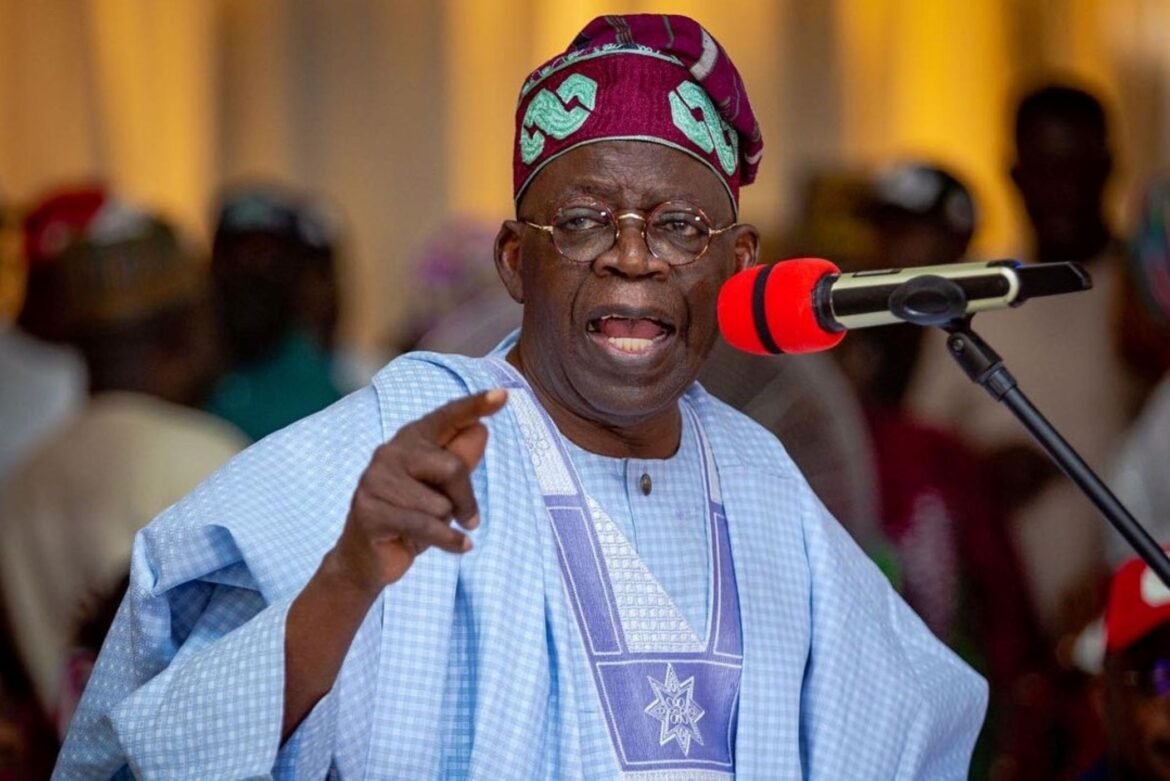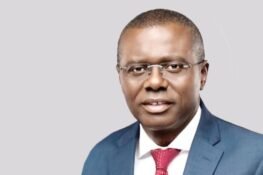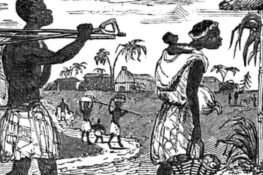Nearly three months into his term, we now have a better grasp of the type of President Mr. Bola Tinubu may turn out to be.
I am seeing a leader who has a great ambition, who can shake the foundations of the oppressive economic structure, but who is probably too beholden to his political base to remain in hurricane strength.
Nigerians want a hurricane. The weather has not benefitted them. They want a leveler, and all things shaken to the ground, with rebuilding for the common good.
We are likely going to see fundamental shifts in the nation’s economic structure that may result in prosperity and opportunities, but a lack of intentionality to harm the saprophytic political establishment may weaken the far-reaching impact of policies.
Nigeria’s problem has always been its politics, nay its politicians.
As politicians get richer, bolder and more assertive, they do whatever they want as if daring the people to challenge them.
It is incontrovertible to state that as a politician, President Tinubu is not ready to break away from his clan.
You can see that from his ministerial assemblage.
But he wants to leave a legacy of achievements.
He wants to eat his cake and have it by keeping the league of rejected and corrupt politicians happy.
The process of selecting, approving and assigning the ministers who now serve in the Tinubu cabinet has been a political game that blurs any perception of him as a transformational leader.
When the first list of 28 ministerial nominees was released, hardly was anyone awed.
It was a list that represented business as usual, save a few names.
By the time the second batch and final name was added, there was not much to be excited about.
The people yawned.
In the end, the President presented Nigerians with 48 ministers, the largest since 1999, at a time when Nigerian tax payers are being asked to tighten their belts.
It was six ministers more than Buhari’s last cabinet, 15 more than Jonathan’s, 9 more than Yar’Adua’s and 8 more than Obasanjo’s.
The process of selecting, approving and assigning the ministers who now serve in the Tinubu cabinet has been a political game that blurs any perception of him as a transformational leader
It was simply a tone-deaf list and it is simply disappointing.
The ministers are too many.
The process of selecting, approving and assigning the ministers who now serve in the Tinubu cabinet has been a political game that blurs any perception of him as a transformational leader.
Nigerians can no longer sponsor the bloated administrative overhead in public service, which has become an avenue for the criminal diversion of public funds.
That was not the only problem that’s shaking the faith of many well-meaning Nigerians in this administration.
It appeared that the President was not fully convinced about his own decisions.
Among other mishaps, he withdrew the name of his staunch supporter, Governor Nasir El-Rufai, when challenged from the inside.
El-Rufai has since released to the public a favourite song proverbially referring to dangerous friends. The inside seems volatile.
The president also withdrew the nomination of Maryam Shetty as ministerial nominee from Kano State and replaced her with Mariya Mairiga Mahmud.
That wasn’t all.
The portfolios of some ministerial appointees were changed after they had been assigned.
Abubakar Momoh was redeployed from the Federal Ministry of Youth to the Ministry of Niger Delta Development while Adegboyega Oyetola was redeployed as the Minister of Marine and Blue Economy, even before he could start.
Before then, the Ministry of Niger Delta was revoked and unrevoked.
And a former Minister of State, Labour and Employment, Festus Keyamo, was added to the list of ministerial nominees in what appeared to be an afterthought.
The whole affair reeked of disorderliness and indecisiveness.
For a president reputed to have been prepared for leadership, this is a sort of debacle.
It would probably be great if that was all. It wasn’t.
Most cabinet members are political merchants, many of whom were key players in Tinubu’s election campaign.
There is nothing technically or morally wrong in rewards to workers in a political campaign but this is not what Nigerians were promised by President Tinubu.
The cabinet was supposed to be overwhelmed by technocrats and experts.
Besides, there are questionable names on the executive, which includes discredited politicians and those whom the people had rejected at elections. Some of the appointees may end up being just a distraction than an asset to the nation.
It included nine former governors, at least six former and three serving lawmakers, even three advisers he had just appointed for a few weeks – including Dele Alake, Wale Edun, and Hannatu Musawa.
Among the former governors is Mr. Bello Matawalle, former governor of Zamfara State who lost the governorship election.
He has an open investigation with the anti-corruption agency, EFCC, over the alleged pocketing of N70 billion from the coffers of the Zamfara State government.
Matawalle may as well end up being innocent but it is an act of impunity against Nigerians to make him a minister at this time.
Nigeria has a large pool of talent and expertise at home and abroad.
Recycling the likes of Matawalle and Governor Nyesom Wike reinforces the impression among many Nigerians that nothing has changed.
The momentum that President Tinubu gathered on his first day in office needs to be sustained.
He earned a badge among many by removing the subsidy on petroleum products and the dual foreign exchange rates.
These two policies had weighed Nigeria down for too many years.
There are still expectations, especially among international investors, that the President has an economic vision that would benefit Nigerians in the long run
The will to deal with the biggest challenges quickly , while painful in immediate impact, raised the administration’s profile among watchers.
One is not sure if the bragging right can be sustained with this bloated cabinet filled with politicians that Nigerians are tired of seeing in public life.
The calamitous implementation of ameliorative measures to calm the effects of removing oil subsidies has also been a drag on the administration’s reputation.
Tinubu must move quickly before he loses whatever goodwill and momentum remains.
There are still expectations, especially among international investors, that the President has an economic vision that would benefit Nigerians in the long run.
Some of his appointees are well qualified and fitting for these times. There is a very good chance that Nigeria may turn the corner.
But it requires discipline, focus and integrity, on top of vision.
The army of questionable characters in the executive has sown doubt in the minds of Nigerians that there will be discipline, focus and integrity.
There is some grumbling going round.
Surrounded by billionaire politicians whose history we know and detest, Tinubu needs a miracle – for many of these scoundrels are after what they will get in every government.
They have no empathy or love for the common man. Presented with another opportunity, they will take more from the people.
When the President told his cabinet that “the greatest number of Nigerians are expectant of their delivery, accountability and transparency and as well expect them to work with integrity, dignity and deliver,” it sounded really odd.
Nigerians are deeply suspicious, distrusting and scrutinizing.
The ministers not only have to do a good job, if they can, they have a difficult task of convincing Nigerians they are doing their work without being corrupt.
The optimism of the President that “it’s all about a great team and I believe we have them here” will be the real test of his legacy.
Now that we know the king’s anointed, we shall see if he has assembled noble men and women or rogues.
Nigerians are now watching their leader to see if he has sided with them or his cohort.
Fingers crossed








